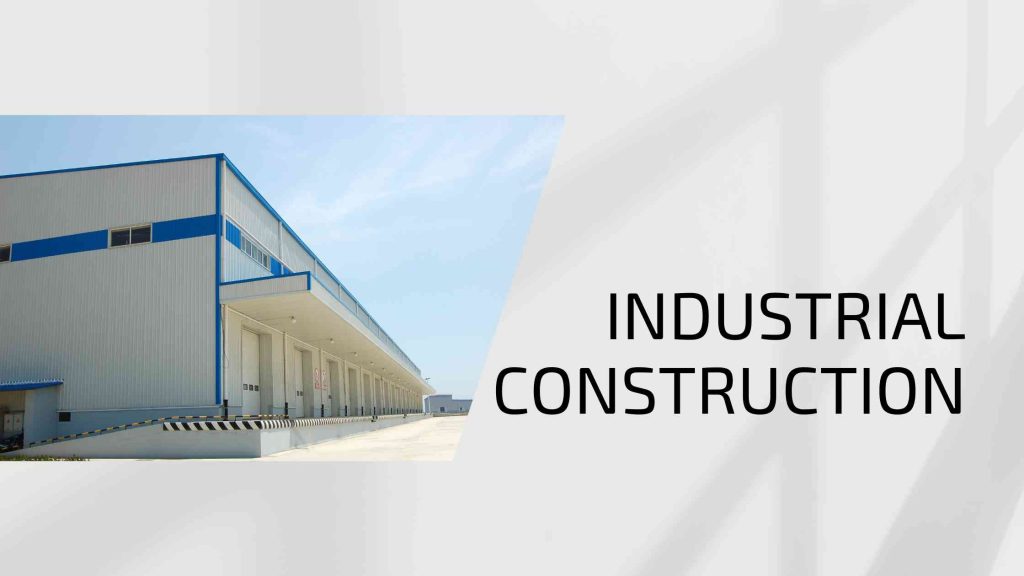Industrial construction, a traditional yet critical branch of the industry, encompasses the construction of factories, warehouses, industrial facilities, and power plants. It plays a pivotal role in supporting economic growth and facilitating various sectors. However, this sector has its fair share of challenges. In this article, we delve into construction professionals’ obstacles and explore strategies to overcome them, ensuring successful project delivery and a thriving industrial landscape.
Complex Engineering and Technical Requirements:
Industrial construction projects often involve intricate engineering principles related to electricity generation, manufacturing processes, and specialized equipment. Understanding and integrating these complex technical requirements pose a significant challenge for construction managers. Interdisciplinary collaboration and deep knowledge of industrial systems are crucial to ensure seamless construction execution.
Safety and Regulatory Compliance:
Construction sites are inherently hazardous environments, demanding strict adherence to safety protocols and regulatory compliance. Dealing with heavy machinery, hazardous materials, and complex machinery installations requires meticulous planning, practical safety training programs, and continuous monitoring. Meeting and exceeding safety standards is essential to protect the well-being of workers and mitigate potential risks.
Cost Management and Budgetary Constraints:
Managing costs and maintaining budgets in industrial construction projects can be particularly challenging due to their scale and complexity. Balancing the costs of labor, materials, equipment, and technology integration requires meticulous planning, accurate estimations, and effective project management. Unforeseen delays, changing project scopes, and market fluctuations can further impact the budget, making cost management a constant concern.
Project Scheduling and Time Constraints:
Timelines play a critical role in construction, as delays can result in substantial financial losses and setbacks in operations. Coordinating multiple workstreams, integrating specialized subcontractors, and addressing unforeseen challenges demand efficient project scheduling and effective time management. Implementing robust project management techniques, leveraging technology for real-time monitoring, and fostering effective communication is essential for meeting project deadlines.
Skilled Labor Shortages:
The industrial construction sector often needs more skilled labor, including experienced construction managers, engineers, and specialized tradespeople. The demand for a diverse skill set and the retirement of seasoned professionals have created a significant talent gap. Industrial construction companies must invest in training and development programs, collaborate with educational institutions, and employ innovative recruitment strategies to attract and retain skilled workers.
Sustainability and Environmental Considerations:
In an era focused on sustainability, industrial construction must align with eco-friendly practices and meet stringent environmental regulations. Implementing energy-efficient designs, waste management strategies, and sustainable construction materials poses unique challenges. Embracing sustainable construction practices minimizes ecological impact, enhances brand reputation, and contributes to a greener future.
Industrial construction presents many challenges that require proactive solutions and a forward-thinking mindset. The industry can overcome these obstacles by addressing the complexities of engineering, ensuring safety and regulatory compliance, managing costs and budgets, optimizing project schedules, nurturing skilled labor, and embracing sustainability. With adequate planning, collaboration, and the integration of technological advancements, industrial construction will continue to build the future, brick by brick, contributing to economic growth and innovation. Contact us for a customized ERP.

Vijay comes with a vast experience in ERP and enterprise solutions space with about 20 years of experience in various packaged application like Acumatica, SAP, Orion, Salesforce.com, SugarCRM and, SalesLogix.

